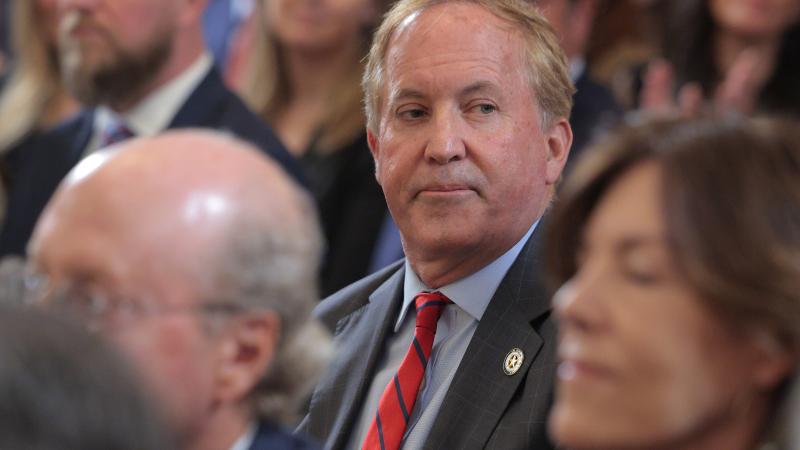California Senate passes proposal to liquidate investments in fossil fuels
SB 252 is one of three bills in the Climate Accountability Package that “align public investments with climate goals, and raise the bar on corporate action to address the climate crisis.”
(The Center Square) - California could soon be moving away from investing state pension funds solely for providing for the financial benefits of its public employees, to investing in institutions that match the state’s policies.
The Fossil Fuel Divestment Act (SB 252), introduced by Senator Lena A. Gonzalez in January, passed with 23-10 on the senate floor on May 25. The bill now moves to the assembly for consideration.
“The bill would prohibit the boards of the Public Employees’ Retirement System (CalPERS) and the State Teachers’ Retirement System (CalSTRS) from making new investments or renewing existing investments of public employee retirement funds in a fossil fuel company,” the legislation stated.
SB 252 is one of three bills in the Climate Accountability Package that “align public investments with climate goals, and raise the bar on corporate action to address the climate crisis.”
“These bills leverage the power of California’s market to continue the state’s long tradition of setting the gold standard on environmental protection for the nation and the world,” Gonzalez said “Despite these forward-thinking actions, California’s multibillion dollar retirement pension funds are actively investing billions of dollars in the very fossil fuel companies that are the primary cause of climate change.”
If enacted, the bill would require the boards to liquidate investments in fossil fuel companies on or before July 1, 2031 and require the boards to file a report with the Legislature and the governor annually beginning February 1, 2025. The reports would include a list of fossil fuel companies from which the board has liquidated their investments.
The change follows a growing movement towards ESG investments, which looks at the environmental, social, and governance standards of a company to determine the value of investing. The company’s climate policy, how it gives back to the community it serves, its values, and its diversity in leadership can all come under consideration.
CalPERS and CalSTRS together, have the investing power of $469 billion and $327 billion, respectively. The bill uses that investment power to push businesses to climate action. CalPERS invests approximately $7.4 billion in the 200 largest fossil fuel companies. CalSTRS invests in 174 fossil fuel companies with a combined market value of approximately $4.1 billion.
SB 252 will prohibit CalPERS and CalSTRS from making any new investments in the top 200 fossil fuel companies, and requires any current investments to be liquidated by 2031. An additional 5-year off-ramp contingency is written in, should the funds encounter specified market conditions.
“The fossil fuel era is over. Our future lies in climate-safe investments that will protect our planet and economy,” said Senator Lena Gonzalez. “The Climate Accountability Package will help us achieve a fossil-free future by aligning public pension investments with our values and by empowering Californians with the information they need about the companies that are helping advance our climate goals, the ones that aren’t, and the real financial risks of fossil fuels. I am thankful to my Senate colleagues who voted in support of this bill package, and I urge members of the Assembly to help us ensure its success as it moves forward.”
The investment strategies of states appear to have been drawn along party lines instead of market values. While California is actively working to divest itself of all things fossil fuel, states like Oklahoma, North Dakota, Texas, Florida, West Virginia, Arkansas and others have shown resistance to the concept of ESG investing.
"The energy sector is crucial to Oklahoma’s economy, providing jobs for our residents and helping drive economic growth," Oklahoma State Treasurer Todd Russ said. “It is essential for us to work with financial institutions that are focused on free-market principles and not beholden to social goals that override their fiduciary duties.”
A state law passed last year in Oklahoma, excludes financial institutions that boycott oil and gas companies from doing business with the state. So far 13 financial institutions have been excluded from doing business with Oklahoma.















